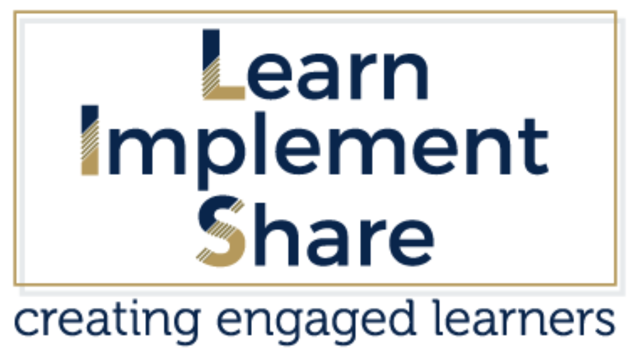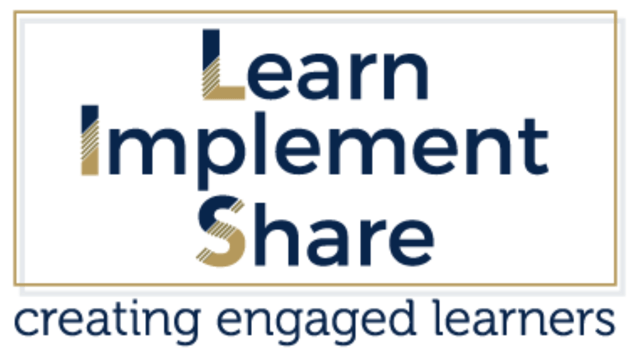Title 1
Sub title
|
In the article ‘A Distinction Between Conceptual Knowledge and Procedural Knowledge‘ J. E. Schwartz writes poignantly about the difference between conceptual knowledge and procedural knowledge, how math education has historically focused on the latter, and how having procedural knowledge without conceptual knowledge thwarts a person’s mathematical development. To quote Schwartz –
‘Chances are, when you learned elementary mathematics, you learned to perform mathematical procedures. Known to mathematicians as algorithms, these procedures enabled you to find answers to problems according to set rules. If, for example, you think of division in terms of “divide, multiply, subtract, bring down” then you learned a division procedure (or algorithm). For another example, if you think only in terms of cross multiplying as a way of approaching problems involving proportions, chances are you learned only a procedure for solving mathematical proportions. At this point you may be wondering, “What else is there? What else would a person learn in a mathematics class?” The answer is, there is a great deal more to mathematics! These mathematical procedures are much like recipes that efficiency experts have developed to enable people to go straight to specific kinds of answers when confronted with particular kinds of well-defined problems.’ Today much is written about the need to improve the teaching and learning process in schools. The inference is that we need to be employing quality maths teaching strategies. But what are quality maths teaching strategies?
To begin to answer this question, let’s look at the process of imparting procedural knowledge, a process which has been widely used since we began teaching mathematics in schools centuries ago. Terminology
Words are symbols, as are phrases. This means that different words hold different meanings for different people. Some words are more consistently understood than others. For example, the ideas that come to mind for mathematics teachers when they encounter the words ‘procedural approach’ tend to be somewhat similar. Presumably, this is because most of us were taught mathematics via a procedural approach.
Words are symbols, as are phrases. This means that different words hold different meanings for different people. Some words are more consistently understood than others. For example, the ideas that come to mind for mathematics teachers when they encounter the words ‘procedural approach’ tend to be somewhat similar. Presumably, this is because most of us were taught mathematics via a procedural approach.
Words are symbols, as are phrases. This means that different words hold different meanings for different people. Some words are more consistently understood than others. For example, the ideas that come to mind for mathematics teachers when they encounter the words ‘procedural approach’ tend to be somewhat similar. Presumably, this is because most of us were taught mathematics via a procedural approach. Words are symbols, as are phrases. This means that different words hold different meanings for different people. Some words are more consistently understood than others. For example, the ideas that come to mind for mathematics teachers when they encounter the words ‘procedural approach’ tend to be somewhat similar. Presumably, this is because most of us were taught mathematics via a procedural approach. Conversely, the words ‘conceptual approach’ conjures up different meanings for different teachers. This is because conceptual approaches to mathematics teaching vary enormously.
Mini titleText
Mini titleNOTE THIS IS THE GENERAL SUBSCRIBE PAGE - NOT THE GEOGEBRA PAGESubscribe to receive free tutorials, information and to stay in touch
Mini title Text
Mini titleCall to ActionOnce
|
|





